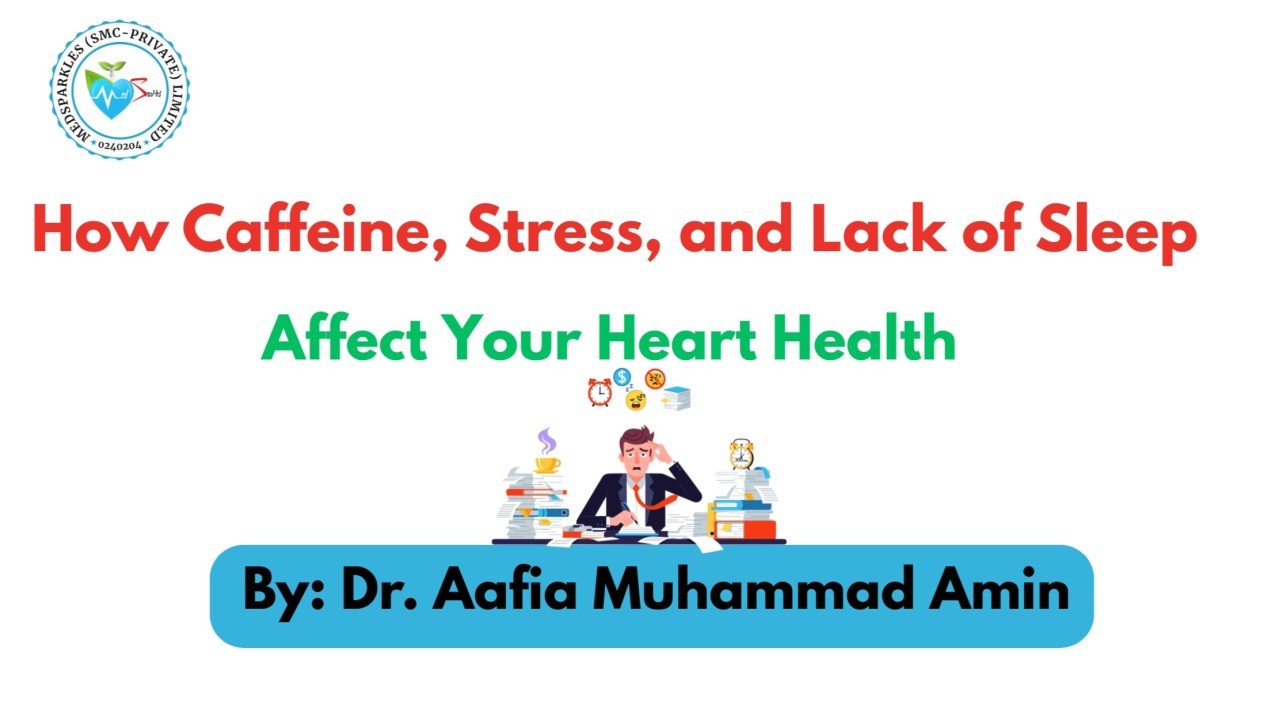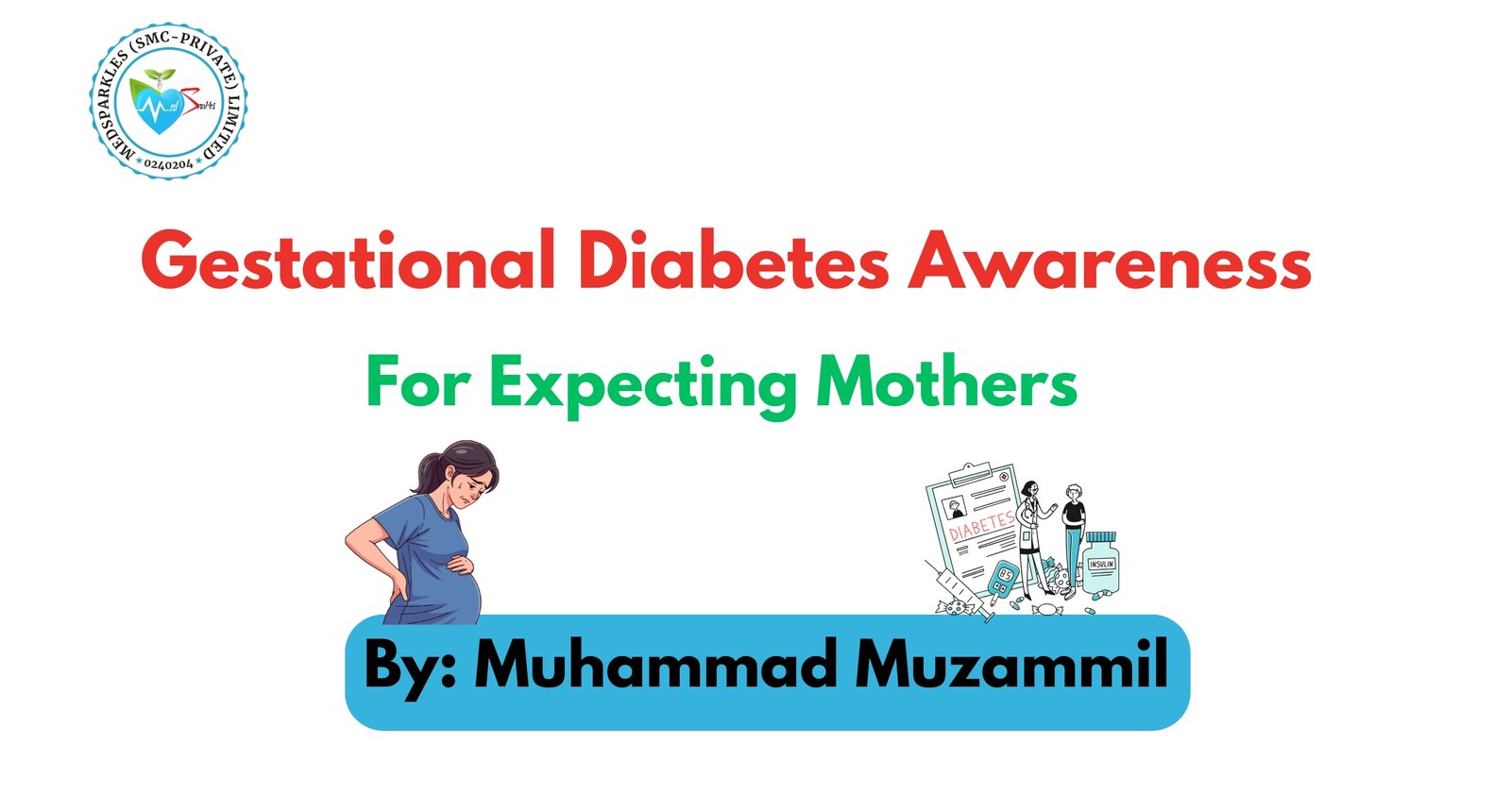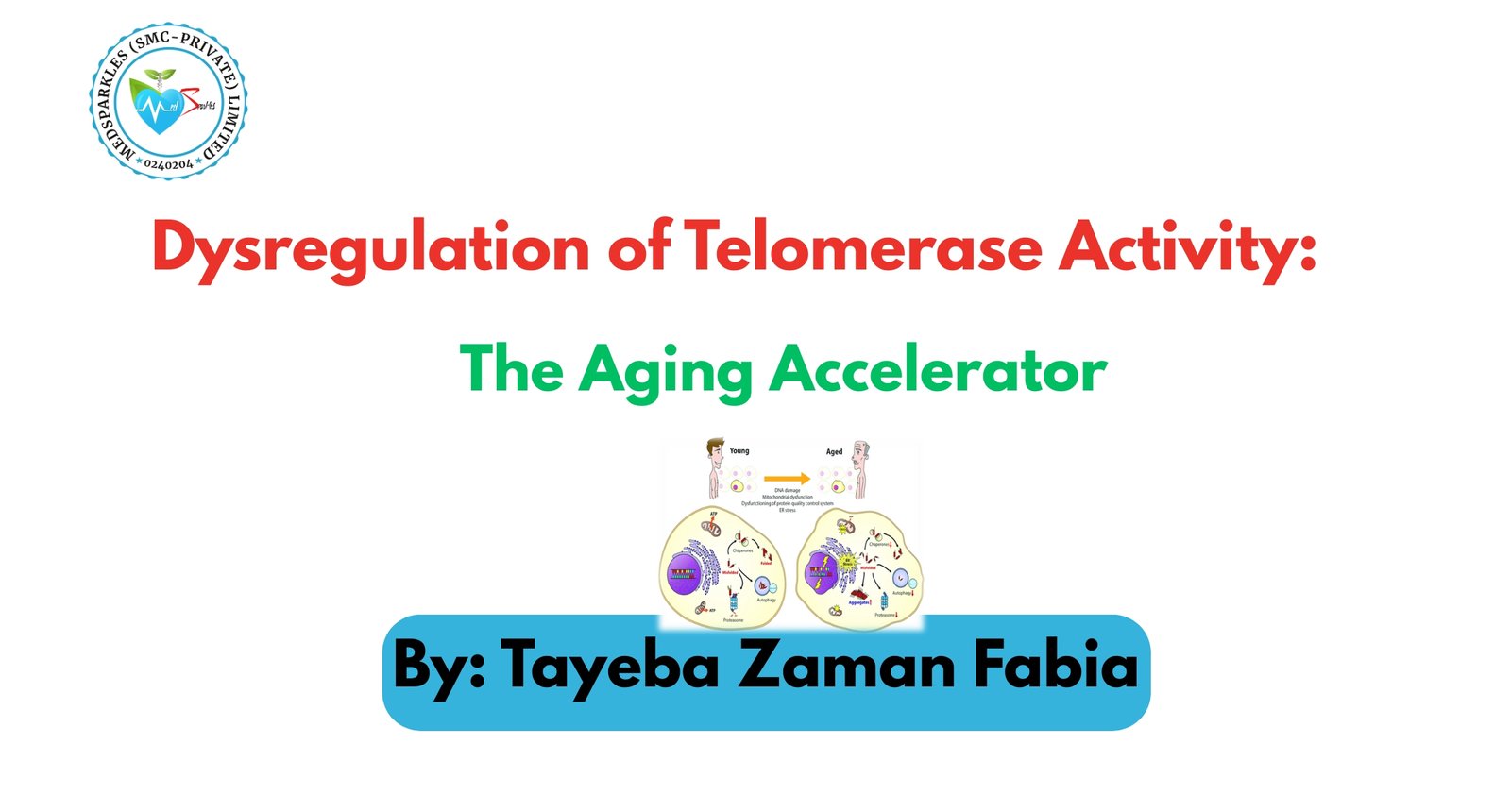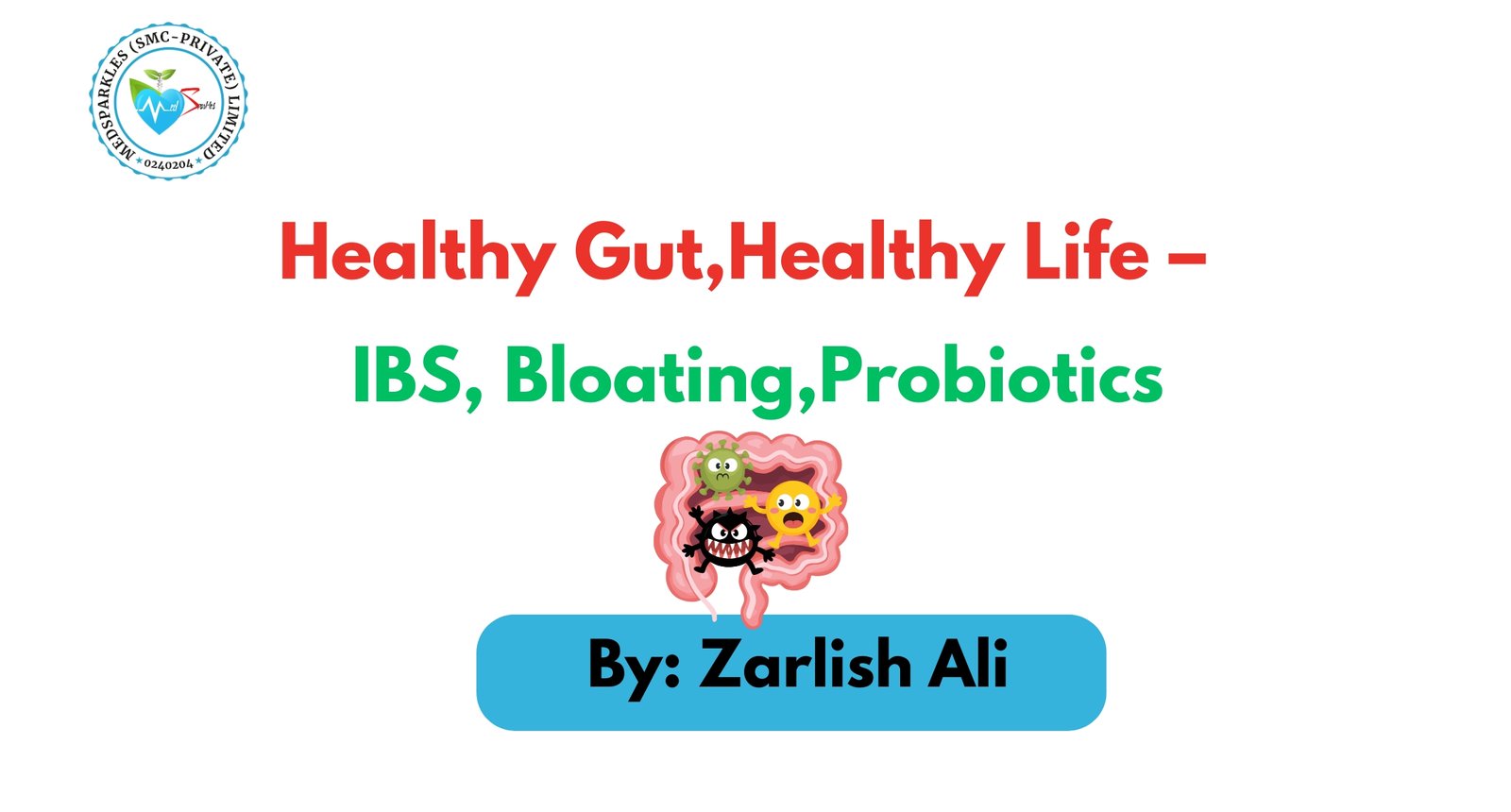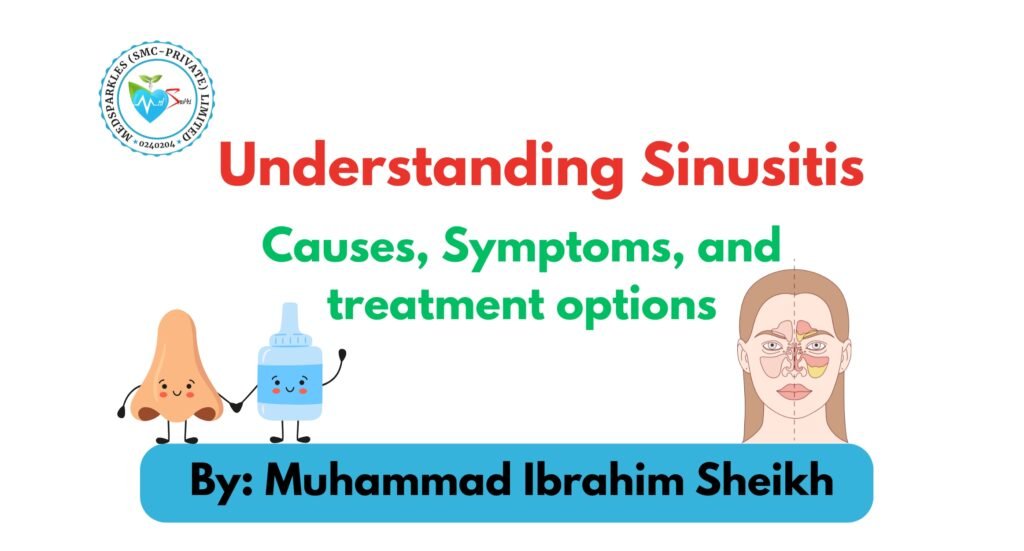
Sinusitis is an inflammation of the tissues in your sinuses (spaces in your forehead, cheeks and nose usually filled with air). It causes facial pain, a stuffy or runny nose, and sometimes a fever and other symptoms. It’s usually caused by the common cold, but other viruses, bacteria, fungi and allergies can also cause sinusitis.

Symptoms and Causes
What are the signs and symptoms of sinusitis?
Common symptoms of a sinus infection include:
•Postnasal drip (mucus dripping down your throat).
•Runny nose with thick yellow or green mucus.
•Stuffy nose.
•Facial pressure (particularly around your nose, eyes and forehead). This might get worse when you move your head around or bend over.
•Pressure or pain in your teeth.
•Ear pressure or pain.
•Fever.
•Bad breath (halitosis) or a bad taste in your mouth.
•Cough.
•Headache.
•Tiredness.
What causes sinus infections?
Viruses, bacteria, fungi and allergens can cause sinusitis. Specific triggers for sinusitis include:
•The common cold.
•The flu (influenza).
•Streptococcus pneumoniae bacteria.
•Haemophilus influenza bacteria.
•Moraxella catarrhalis bacteria.
•Nasal and seasonal allergies.
TREATMENT
How is sinusitis treated?
There are many treatment options for sinusitis, depending on your symptoms and how long you’ve had them. You can treat a sinus infection at home with:
•Decongestants.
•Over-the-counter (OTC) cold and allergy medications.
•Nasal saline rinses.
•Drinking plenty of fluids.
If symptoms of sinusitis don’t improve after 10 days, a provider may prescribe:
•Antibiotics.
•Oral or topical decongestants.
•Prescription intranasal steroid sprays. (Don’t use nonprescription sprays or drops for longer than three to five days — they may actually increase congestion.)
Providers treat chronic sinusitis by focusing on the underlying condition. Treatments can include:
•Intranasal steroid sprays.
•Topical antihistamine sprays or oral pills.
•Leukotriene antagonists, like montelukast.
•Surgery to treat structural issues, polyps or fungal infections.
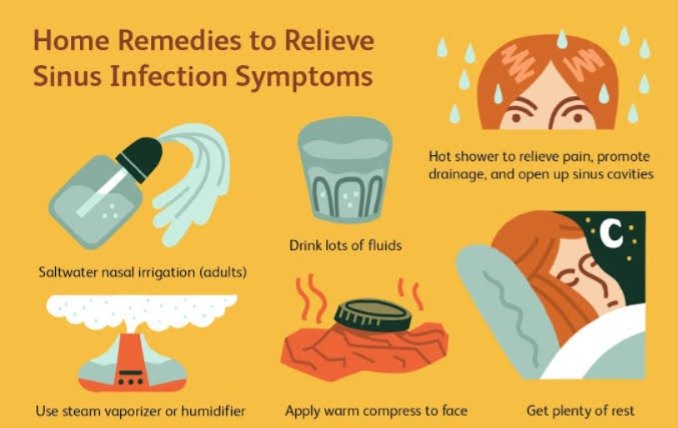
Prognosis: The Likely Outcome Of A Disease
What can I expect if I have sinusitis?
•Sinusitis usually only lasts a week to 10 days. You can usually treat it with over-the-counter medicines and at-home treatments. If you have chronic sinusitis or if it keeps coming back, there may be underlying causes that you’ll need to treat.
•Sinus infections are common and usually not serious. They can have many causes, including viruses and bacteria, nasal polyps or allergies. You can usually care for yourself at home by resting, taking over-the-counter products and drinking plenty of fluids. Contact your healthcare provider if your symptoms don’t improve, if sinusitis happens often or if you have any symptom that worries you.
Conclusion:
Sinusitis is an inflammation of the sinuses, and is usually caused by a cold, viruses, bacteria, or allergies. Treatment includes decongestants, OTC medicines, nasal saline rinses, and fluids. Rest and self-care can help, but consult a healthcare provider if symptoms persist or worsen. Sinus infections are common and usually not serious.
FAQs:
1.What are the best medications for a sinus infection?
If you need an antibiotic, which one your provider prescribes depends on your specific situation. Some options include:
•Augmentin (amoxicillin/clavulanate).
•Amoxicillin.
•Doxycycline.
•Levofloxacin.
•Cefixime.
•Cefpodoxime.
•Clindamycin.
2.Are complementary and alternative therapies useful for treating sinusitis?
You might find acupressure, acupuncture or facial massage helpful in reducing symptoms of sinusitis, including draining, pressure and pain. Ask a provider if these therapies might help in your specific case.
3.Do I need antibiotics for every sinus infection?
No. Providers often wait to see how long your symptoms last before prescribing antibiotics. Many sinus infections are caused by viruses. You can’t cure viral infections with antibiotics. Overusing antibiotics or using them to treat viral infections can lead to unnecessary side effects or antibiotic resistance. This may make future infections harder to treat.
4.When should you see a doctor for a sinus infection?
You can usually care for sinus conditions on your own. But if you continue to have symptoms that concern you or if you get infections repeatedly, talk to a healthcare provider. They can help you understand your next steps.
5.When should I go to the ER?
Go to the nearest emergency room or seek medical attention right away if you experience symptoms of a serious infection, including:
•High fever (over 103 degrees Fahrenheit/40 degrees Celsius).
•Confusion or other mental changes.
•Vision changes, especially if you have pain or swelling around your eyes.
•Seizures.
•Stiff neck.
6.What questions should I ask my doctor?
You should ask your provider to show you how to properly use any devices they recommend. This includes nasal inhalers and nasal irrigation devices. It may also be helpful to ask:
•How can I treat a sinus infection at home?
•How do I take my medication?
•When should I follow up with you?
REFERENCE:
•https://my.clevelandclinic.org/health/diseases/17701-sinusitis#symptoms-and-causes
•Picture from ENT specialty care, Verwell Health , and MedlinePlus

